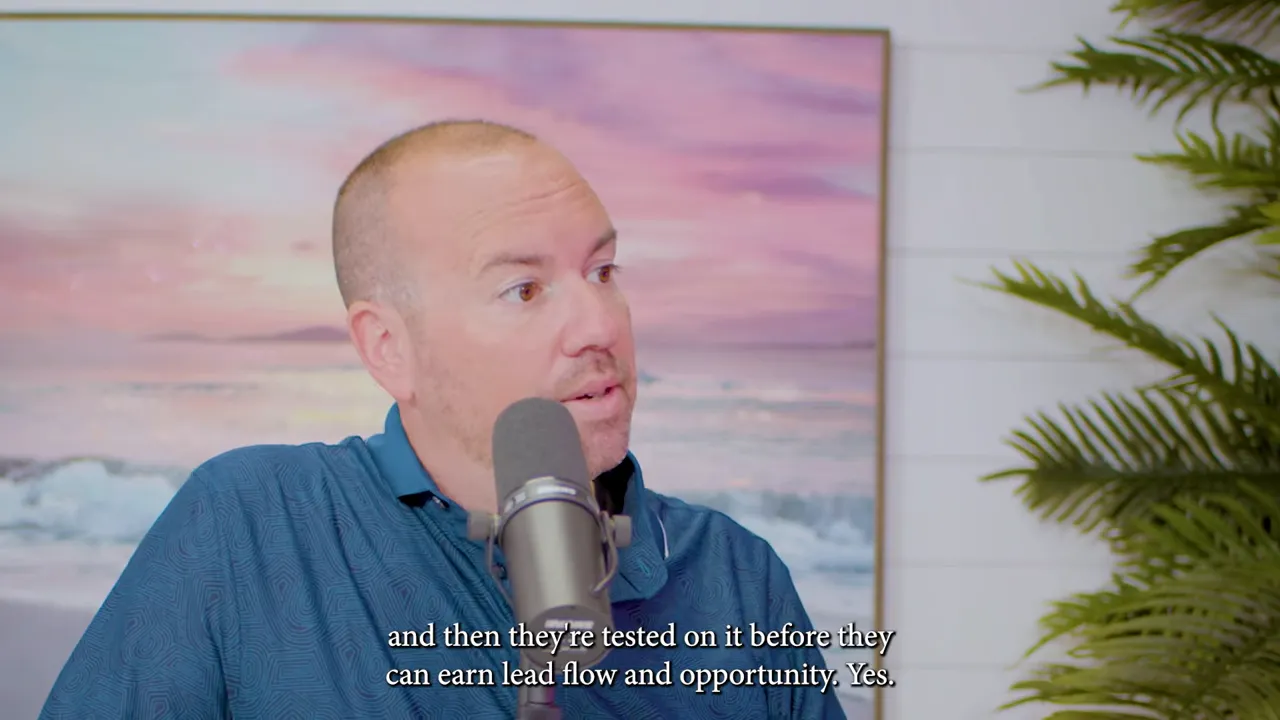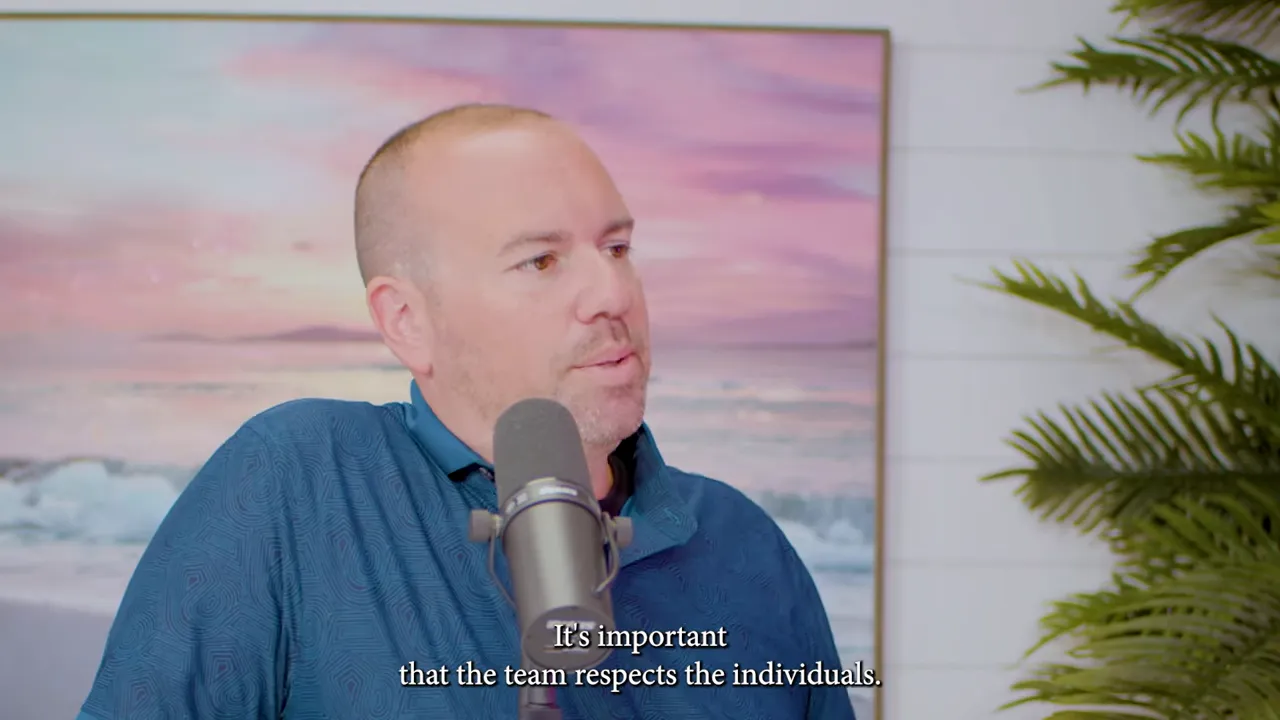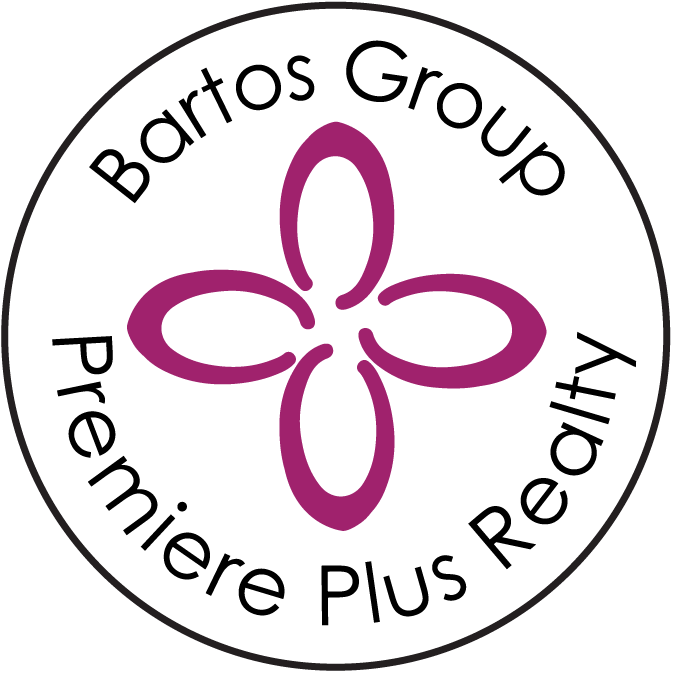
Joining a Team is one of the most consequential decisions an agent can make. In conversations between experienced team leaders, practical lessons emerge about how to recruit well, how to onboard effectively, and how both agents and teams can make the relationship thrive. This article distills those insights into an actionable guide for agents considering joining a team and for leaders who are building one.
Why Consider Joining a Team?
Joining a Team can accelerate an agent’s career by providing systems, lead flow, administrative support, and a learning environment. The leaders in this discussion emphasize that teams are not just about leads; they are about culture, training, and shared expectations. For many agents, the team environment delivers scale that a solo agent rarely achieves alone: shared technology, a support staff to handle contracts and closings, and the ability to tap into collective experience.

What Teams Are Looking For: the Hiring Values
Successful teams look beyond raw talent to predictable character traits. One team codified its hiring values into a short list: hungry, humble, smart with professional maturity and a little bit of swag. These words help interviewers and leaders compare candidates consistently and decide who will integrate well.
- Hungry: A real desire to grow a career in real estate, not a hobbyist attitude. Teams want agents who are motivated and ready to do the work.
- Humble: Sales require ego management. Team members must be willing to help one another, shadow peers, and accept coaching without defensiveness.
- Smart: This is not just book smarts but coachability and adaptability to new tools and processes. Teams value people who can learn quickly and apply feedback.
- Professional maturity: When someone will be representing the team in front of clients, they need to behave in ways the whole team can stand behind.
- Swag: First impressions matter. Swag is not about looks but presence and the ability to engage a room and build rapport quickly.
These values are far more useful than a generic resume checklist because they speak to cultural fit. Teams that hire by these standards are also candid about what they will not accept, for the good of the group.

The Vacation Test: a Cultural Filter
An unexpectedly effective hiring filter the leaders described is the vacation test. The question they ask themselves is simple: could they spend several hours in a car or days traveling with this person without regretting it? Many teams travel together to conferences or co-list and co-show properties; personalities must be compatible. The vacation test helps reveal whether a candidate will be a cultural fit when things get close and real.
How agents should use the vacation test
Agents evaluating teams should use the same test in reverse. Teams will offer leads and infrastructure, but agents must consider whether they can work closely with team members and leadership over long stretches. If an agent doubts they would pass the vacation test with a team, long-term friction is likely.

Personality Types and Who Needs Extra Support
Not every personality thrives in the same environment. One profile that requires extra attention is the amiable-analytical agent. These individuals often need deep understanding before they act. That thoroughness is an asset in many client situations, but it can slow initial prospecting and outreach. Teams that hire such agents must be prepared to provide extended training, coaching, and encouragement.
The correct tribe makes all the difference. For analytical, people-pleasing agents, the team’s role becomes a mix of practice, affirmation, and process. It is not simply accountability but also consistent reinforcement that helps a slow bloomer become a high performer.
Onboarding: Certification Before Lead Flow
Effective teams protect their brand by certifying new agents on the essentials before they gain access to leads. A clear certification path ensures consistent service quality and reduces risk for both clients and teammates. The core modules described are:
- Contract certification — Accurate paperwork and compliance are nonnegotiable.
- Communication and phone skills — Phone scripts and objection handling so the first impression is excellent.
- Buyer presentation — Moving conversations from house features to the client journey and value the agent brings.
- Technology — CRM, lead systems, automation, and platforms need to be understood and used consistently.
After certification, agents earn lead flow and begin on-the-job training. That transitional period is crucial: they are earning opportunity while still receiving guided support. The team should have a cadence for how long that hand-holding continues and what metrics determine full autonomy.

Training Rhythm: Do the Boring Work and Keep Learning
Training success comes from repetition and constant learning. Teams that win run the drills: role plays, script practice, and the “boring stuff” that creates consistent outcomes. Leaders also keep the team in a perpetual student mindset. Regular quarterly or monthly training on a new idea keeps a team from becoming a fading winner — someone who rests on old successes while the market moves on.
Examples of ongoing training could include implementing a new social platform strategy, practicing objection responses, running conversion audits, or bringing in external speakers to expand perspective. Small, consistent investments in skill compound into major advantages over time.

Technology and Lead Distribution: How Teams Scale
Teams leverage technology to scale human processes. From automation that assigns leads to Slack notifications that alert multiple agents, technology ensures responsiveness and transparency. One team described a setup where the entire team’s phones ring simultaneously for certain lead types; the first qualified responder moves the lead forward. Calls are recorded and audited to maintain quality.
Lead ownership in a team must be carefully managed. Shared leads require protocols so that representation, listing expectations, and seller communication are consistent. When a team lists a property, the seller understands the team will provide 24/7-like responsiveness through standardized procedures rather than depending on one person always answering every call.
Team Roles and Support Staff
Teams that scale typically have support staff handling operations, tech, transaction management, and recruiting. This frees agents to focus on client-facing work. Roles mentioned include director of operations, VP of business development, and an operations manager responsible for tech and automations. The right support organization makes it possible for agents to manage more clients effectively without getting overwhelmed.
Team vs Individual: Does Joining a Team Take Away Independence?
Joining a Team does not eliminate individuality. Leaders can and should support individual branding, marketing, and initiatives. A good team will amplify an agent’s personal efforts while ensuring they align with team standards. That said, agents must respect that certain processes and sacrifices may be required for the greater good of the team.
On the flip side, solo agents face higher costs and complexity when scaling tools and lead sources. Many platforms effectively require an employee or dedicated manager to realize a return on investment. Joining a team often gives agents access to tools and lead channels they could not practically manage alone.
How to Evaluate a Team If You Are Joining a Team
- Ask about the onboarding and certification process. How long before you get leads?
- Request examples of daily and weekly training and how skill development is measured.
- Understand lead distribution protocols and how the team prevents missed opportunities.
- Use the vacation test in reverse: would you be comfortable traveling and spending long hours with leadership and peers?
- Clarify what support staff exists and who handles contracts, transaction coordination, and tech.
- Confirm cultural fit by meeting several team members, not just leadership.
Tips for Team Leaders Recruiting Agents
Leaders should hire for predictable traits rather than try to project potential. Spend time defining the values and use them consistently in interviews. Ask behavioral questions that reveal hunger, humility, and coachability. Build a certification-based onboarding process to mitigate risk and preserve brand quality. Finally, remember that some candidates need longer ramps and deeper supportive tribes to thrive.

Conclusion
Joining a Team is a strategic decision that affects an agent’s career trajectory. Teams that define clear hiring values, use cultural filters like the vacation test, provide a structured certification and training program, and invest in technology and operations enable agents to scale quickly and sustainably. Agents considering Joining a Team should evaluate culture, training cadence, lead systems, and whether they can imagine spending time with the people they will rely on. When the fit is right, Joining a Team can be the fastest path to growth and long-term success.
Frequently Asked Questions
What does the team mean by “hungry, humble, smart” when hiring?
The phrase outlines key traits a team prioritizes: motivated and committed agents, team players who keep ego in check, and people who are coachable and adaptable to new systems and technology. These values help determine cultural fit and long-term potential.
How does the vacation test work?
The vacation test asks whether team members could comfortably travel and spend extended time together with a candidate. It is a proxy for cultural compatibility because teams spend a lot of time together on showings, co-listings, and conferences.
Will joining a team remove my ability to build a personal brand?
No. A well-run team supports individual branding while ensuring standards and processes are followed. Teams often amplify individual marketing efforts rather than replace them.
How long before I get leads after joining a team?
That depends on the team’s certification process. Many teams require agents to pass contract, communication, buyer presentation, and tech certifications before earning lead flow. The ramp time varies but is designed to ensure consistent client experiences.
What kind of support staff should a growing team have?
Key roles include operations management, transaction coordinators, lead training and development, and technology managers. These positions free agents to focus on selling and client relationships while keeping systems running smoothly.
Contact Us Today! |
|
Providing you the experience you deserve! |
| Click me |
